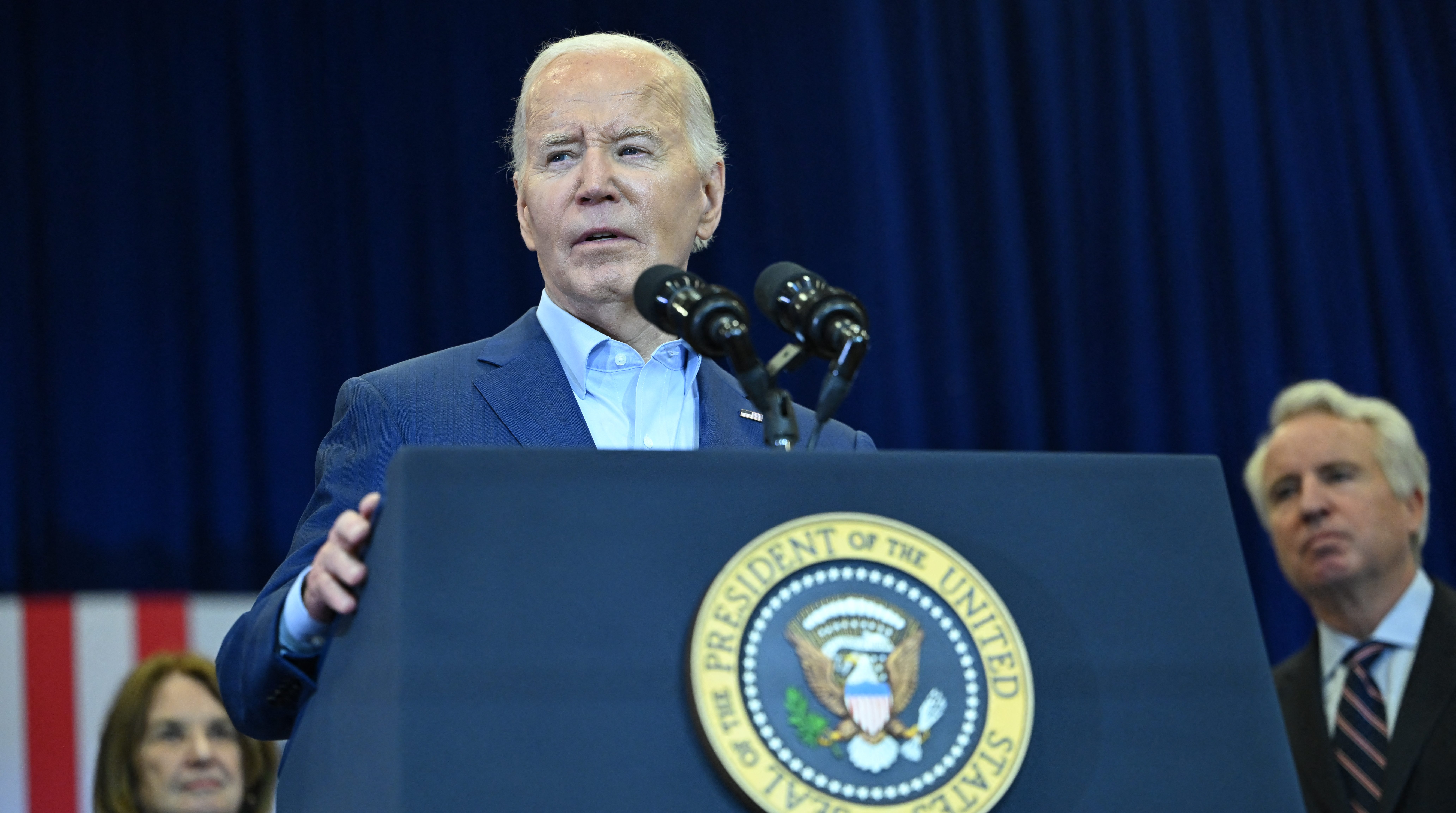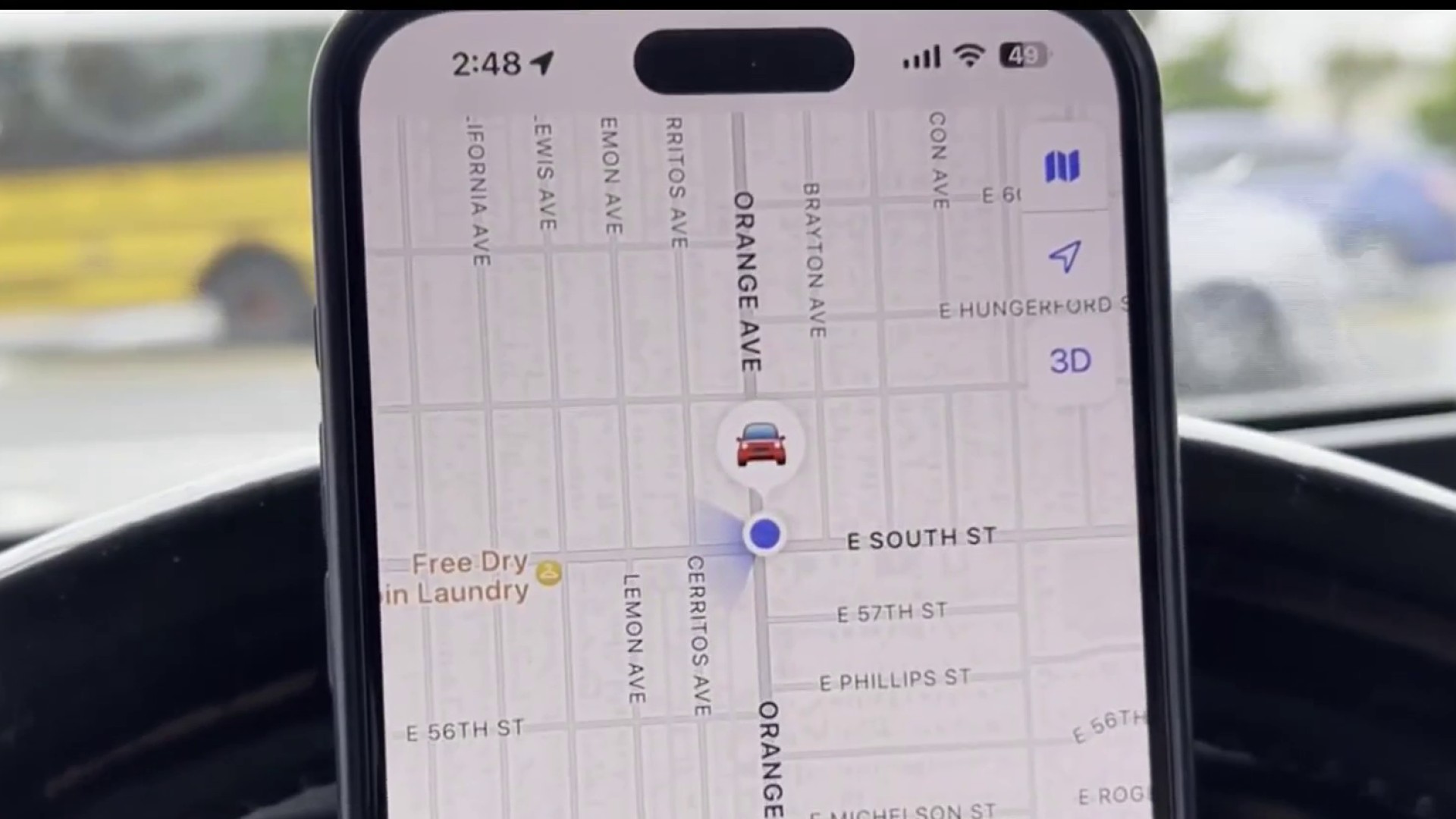Greed, for lack of a better word, is bad.
With his cinematic return to the roiling, shark-infested waters of Wall Street, director Oliver Stone has a second shot at selling that morality tale, 17 years after a similar cautionary message got lost in the glare of Gordon Gekko’s machismo and mantras.
Still slick, sly and now slinging apocalyptic warnings, the Gekko is back, played once again by Michael Douglas. “Wall Street: Money Never Sleeps” — the sequel to Stone’s iconic ‘80s flick —opens Friday, two years after Manhattan’s real-life bankers and financiers began to come apart at their crisply tailored seams.
But those looking for a simple morality tale might be disappointed: Stone does not see America’s financial industry in black and white.
Where the original film exposed the dangerous seduction of gathering wealth at any cost, the sequel is a somewhat more nuanced depiction of Wall Street in the cataclysmic days of the 2008 financial meltdown.
“I see two sides,” says Stone, who says he inherited his balanced view from his father, Louis Stone, an old-school stockbroker who preached the value of Wall Street in building the nation’s economy.
Stone still believes the nation’s financiers “have a huge role, and a positive role” in the economy. But he contends that Wall Street let the country down in the financial crisis that still weighs on the nation’s economy.
U.S. & World
“When Wall Street’s function does not benefit society, then it has to be regulated and changed,” Stone says. He argues that too little of the prosperity generated in recent years by Wall Street players, banks and financiers has drifted down to other American workers.
Related: Fan of campy original has suggestions for sequel
“The money is going to the pockets of the stockholders and the banks. The executive class has been paid enormous compensations. When (the federal government) gave (Wall Street banks) the bailout, and then they turned around and took so much of that money as bonuses, it was disgusting.”
He opted to revisit the scene of the carnage which, he says, drapes the film in “a sense of karma.”
Threading a love story and family drama around brightly colored, ever-streaming stock tickers, Stone uses the film to explain how the leveraging of "toxic" debt created a real-estate bubble that popped and sent the economy into momentary freefall.
Stone takes viewers inside the Federal Reserve Bank of New York at the height of the crisis, where, gathered around a mammoth wooden table, banking chiefs point fingers, scream panicked questions and envision the imminent closing of all U.S. banks and the massing of angry mobs. One elderly financier warns they are glimpsing “the end of the world.”
Douglas reprises his role as Gekko, seemingly more grounded following his incarceration yet still carrying a taste for blood. Douglas, who is being treated for throat cancer, has said he hopes to attend the U.S. premiere of “Money Never Sleeps” in Los Angeles.
While Stone says the Wall Street of his movie serves merely as a “background” on which he paints the themes of envy, avarice and the preciousness of time, the director also is using the moment to cast some real-world warnings.
"The bubble era of easy money ... is still an issue," he said. "It’s a latent kind of cancer that no one really wants to talk about in depth. We’re covering it over right now.”
The original "Wall Street" was generally liked on Wall Street and even taken as inspiration by some young traders and students who adopted Gekko’s maxim that “Greed ... is good.”
It seems unlikely, however, that Wall Street workers will warm to the sobering sequel in the same way.
Former Merrill Lynch stock broker Scott McCleskey predicts audiences in general will enjoy seeing some pain in Gekko’s eyes.
“There hasn’t been a good story yet which allows people to vent at the perceived perpetrators of Wall Street,” says McCleskey, who left trading in the early 1990s and became the global head of compliance for Moody’s.
Last year McCleskey testified before Congress that while at Moody’s, he raised internal concerns that the firm was not properly monitoring ratings on municipal debt. But senior managers, he told lawmakers, were willing to silence employees who voiced such worries. In 2008, McCleskey was dismissed by the company. This year, he authored “When Free Markets Fail: Saving the Market When It Can't Save Itself.”
McCleskey said he was motivated to become a watchdog by his experience “working in close proximity to the ‘greed is good’ crowd” of the early '90s. Some of his broker peers, he adds, embraced the anti-hero Gekko because the film was released “at the beginning of a market boom, and at a time when insider trading was seen as a victimless crime. Too few people could empathize with being a laid-off union worker, especially ... when they were largely seen as overpaid and over-benefited.”
The original “Wall Street” had the opposite effect on Praveen Puri.
The film “sparked my imagination and inspired me towards an interest in Wall Street, trading and investment banking,” says Puri, who swapped stock futures in the 1990s. “I remember daydreaming about controlling a giant web of corporations."
“Gekko’s speech that ‘Greed is good’ really set a tone that Wall Street could focus solely on making money and not worrying about the consequences,” adds Puri, author of “Stock Trading Riches.” “People bought into the notion that the cumulative actions of traders singlemindedly pursuing wealth would somehow benefit society — the ‘invisible hand’ of capitalism.”
Indeed, Gekko, for many, defined an age with one phrase. Stone again gives the graying Gekko some golden proverbs to spew, including a profanity-punctuated opening for his first post-prison speech.
Soon-to-be-viewers like Puri and McCleskey are hoping to hear the right words, this time, from the memorable character.
“Maybe,” suggests McCleskey, “ ‘You learn the darnedest things in prison.’ ”
“The new catchphrase could be,” offers Puri, “ ‘Get rich, but still sleep at night.’ ”
No spoilers here. Revenge-hopeful audiences may get satisfaction, they may not. But Stone is willing to offer up his own adage when the topic to post-crash wisdom.
“Gekko was a one-dimensional figure in that (first) movie, and I liked him for it. He was shallow but interesting — a reptile,” Stone says. “But now he’s got a (grown) daughter. He’s a much older man, and he’s closer to his death. He’s facing a life without love, a life without meaning. So he has to come to a decision. Every single character has to come to a decision.
“That kind of money takes them all to the edge.”



